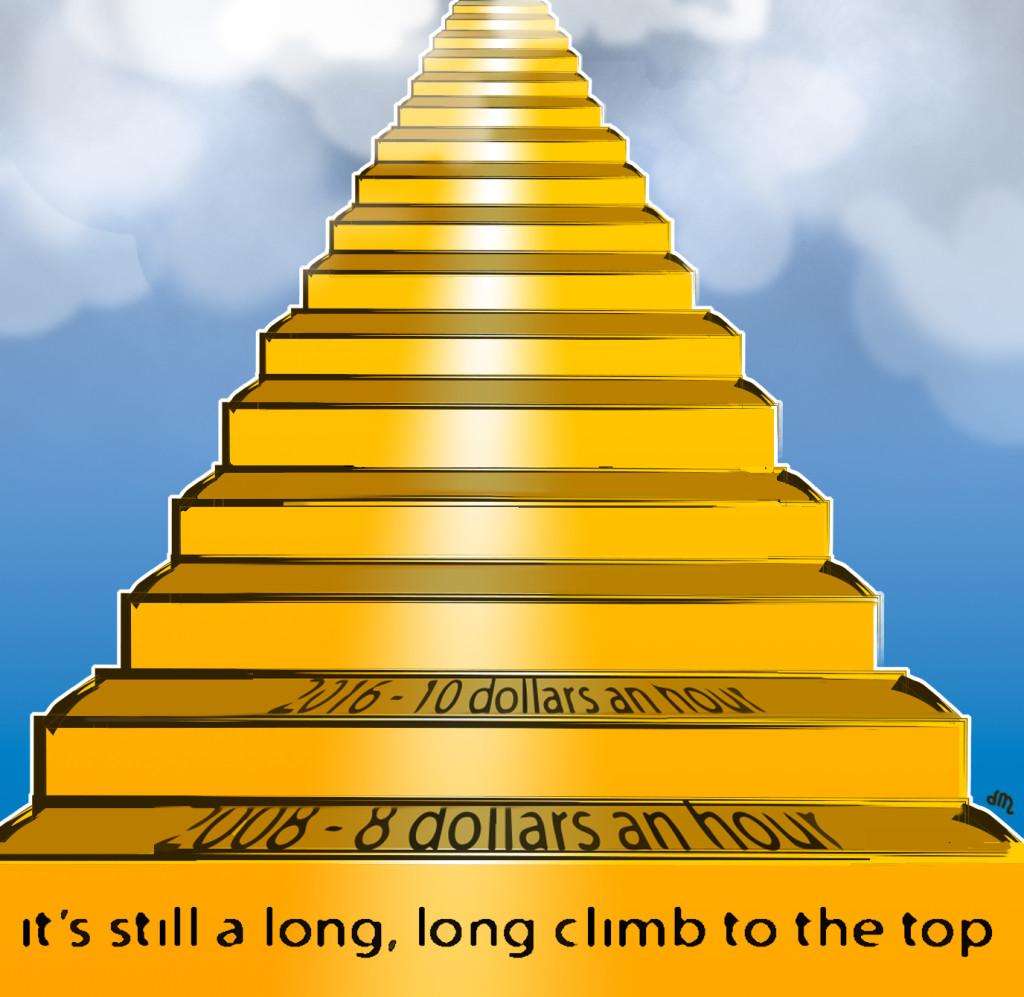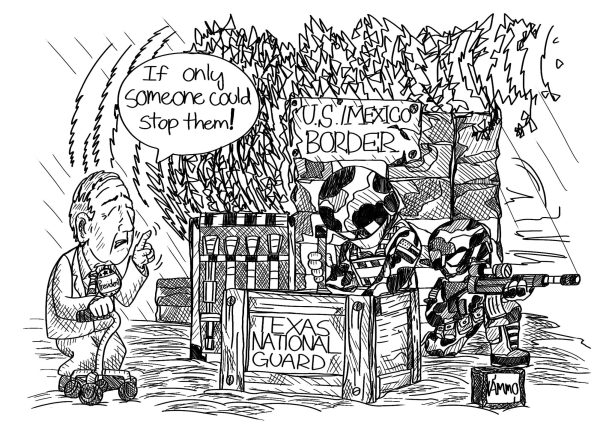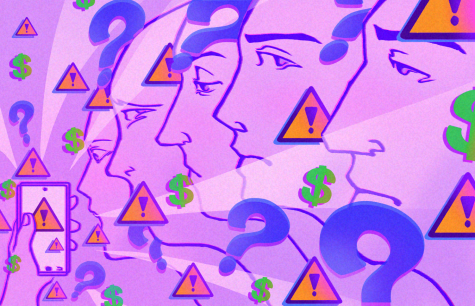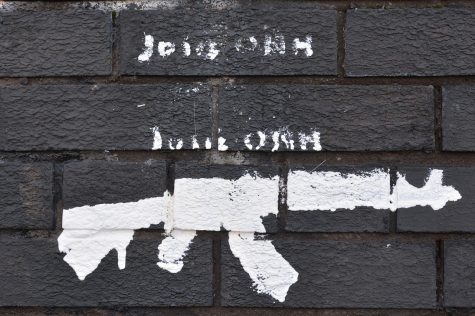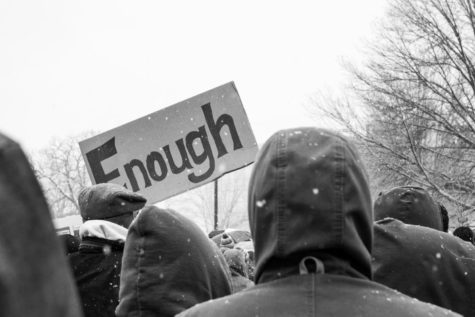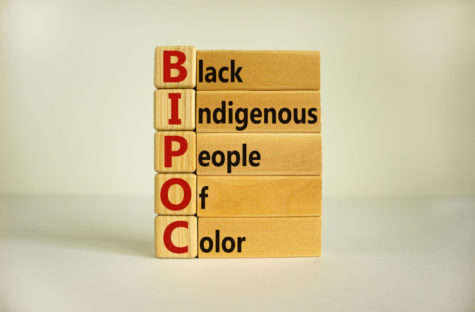Minimum wage increase: first step in economic recovery
September 24, 2013
California lawmakers recently approved a bill that will increase the state’s minimum wage, and we applaud them for doing so.
We’re happy because our politicians finally did something to get us moving toward economic equality and stability, even if there is no guarantee of success.
The bill is set to raise California’s minimum wage for the first time since 2008, when it was raised from $7.50 to $8. The increase includes two $1 increments that will leave us with a $10 minimum wage by 2016.
This move is welcomed by many but fiercely opposed by some, namely Republicans and small business owners, who argue that an increase to the minimum wage would increase unemployment.
Their argument is simple enough to understand: if there is a change in one area of the economy, then there must be a change in another in order to maintain a balance. In this case, opposers argue that an increase in the minimum wage rate would result in employers cutting back on jobs and production in order to remain profitable.
While the logic of this argument makes sense on paper, it doesn’t apply well in practice. The fact of the matter is that the labor market is complex and difficult to track, as stated in a Bloomberg article by Evan Soltas.
In his article, Soltas asserts that most employers wouldn’t cut jobs or production when facing a minimum wage increase. Instead, they are more likely to pass on the added labor costs to the prices of their products.
Suppose that Soltas’ claims are reliable. Does this mean that we can trust the minimum wage hike to solve all of our economic problems?
The answer is no, and we would be fools to think otherwise.
The reality is that minimum wage is a relic of the past. Its power and relevance are rooted in a time when the American economy was in shambles.
As Matthew Cooper put it in an article for National Journal, it made sense to have minimum wage during the days of the Great Depression when “more of the country was at the bottom of the income scale, before the expansion of the middle class.”
This doesn’t mean that minimum wage is useless and outdated. It just means that we need to find other ways of improving our economy.
Think about it. Minimum wage is one of the few things people bring up in the discussion of getting rid of poverty.
According to Soltas, Democrats “restrict the set of policy choices to either a minimum wage increase or doing nothing.” Likewise, Republicans spend most of their time rebutting the arguments in favor of minimum wage rather than presenting new ideas.
Ultimately, we would like to see an improvement in the struggle against income inequality, and we’re willing to try something new.
The minimum wage increase may not be the end all solution to our economic problems, but it’s a start.
It’s the first step of many in a journey that will feel like we’re climbing a mountain rather than a few flights of stairs. Hopefully, we’ll make it to the top in one piece.





































































